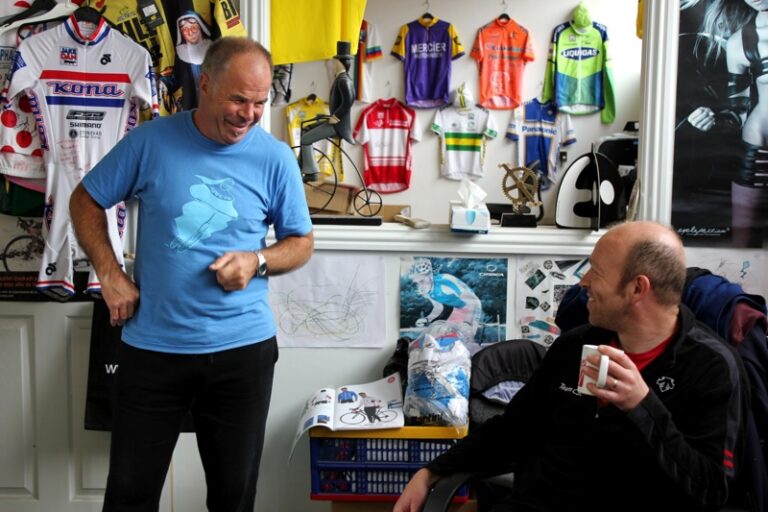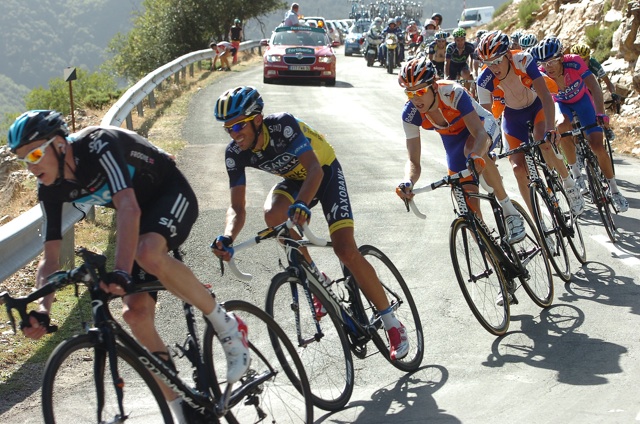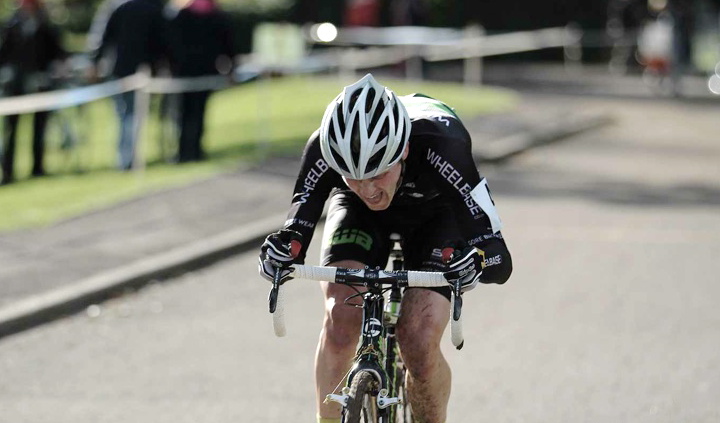What was the most impressive thing you witnessed at the world road race championships?
Tony Martin’s return from a year of injury and mechanical failure to lift his second world time trial title? Marianne Vos cementing the elite women’s road race Olympic-worlds double only ever achieved by Nicole Cooke? Or how about Philippe Gilbert beginning his reign as elite men’s world road race champion in the most emphatic style possible by simply riding away from a bunch containing the world’s best riders, Classics kings and Grand Tour winners among them?
For this correspondent, the most impressive achievement was the seamless continuation of Great Britain as a cycling superpower; a new generation ushered in alongside some of the most accomplished riders ever produced by Great Britain, in similar fashion to that witnessed in the Olympic velodrome.
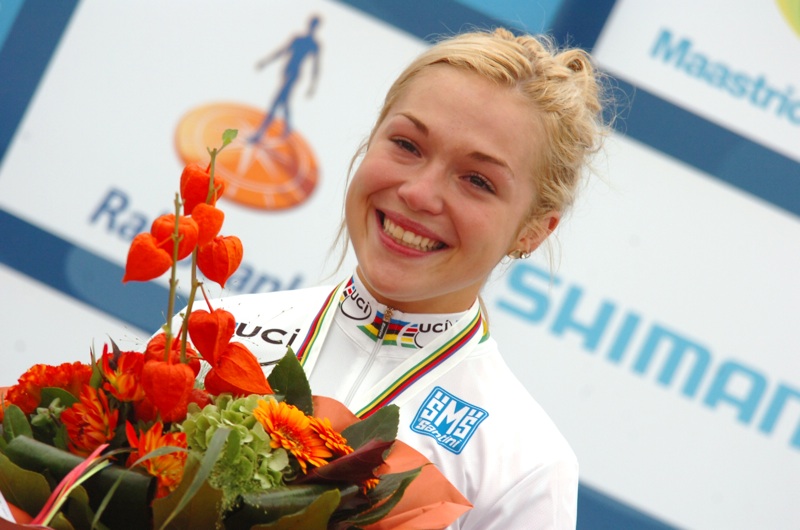
Elinor Barker, at 16 found herself with a reputation to protect. How many of her age feel the weight of previous accomplishment? And yet with a silver medal in the junior women’s time trial from last year’s worlds there must have been pressure to take the next step, to go one better, to be champion, if only from herself. She did so by beating her closest rival by 35 seconds over a course of 22km. Impressive.
Lucy Garner went one better, winning back-to-back titles to become a double world champion at just 18. Interestingly, Barker played a significant role in Garner’s most recent success, leading out the defending champion in a bunch sprint containing all of her closest rivals. Measured by the admittedly unscientific method of ‘likes’ on the RCUK Facebook page, Garner’s victory is the second most popular of the year, beaten only Bradley Wiggins’ Tour de France triumph.
Lizzie Armistead’s illness prevented a further installment of what could become a career-defining rivalry with Marianne Vos and another passing of the baton from the supremely accomplished Cooke and her young rival/teammate.
Great Britain’s elite men’s team, however, had all of its big guns present: its superlative seniors and a rich crop of developing talent who, judged by yesterday’s performance, look qualified to continue the unprecedented levels of success brought to British cycling by Cavendish, Wiggins, and Froome, who, each feeling the effects of a long season, reversed roles and set the early pace for their young teammates, before melting from the race.
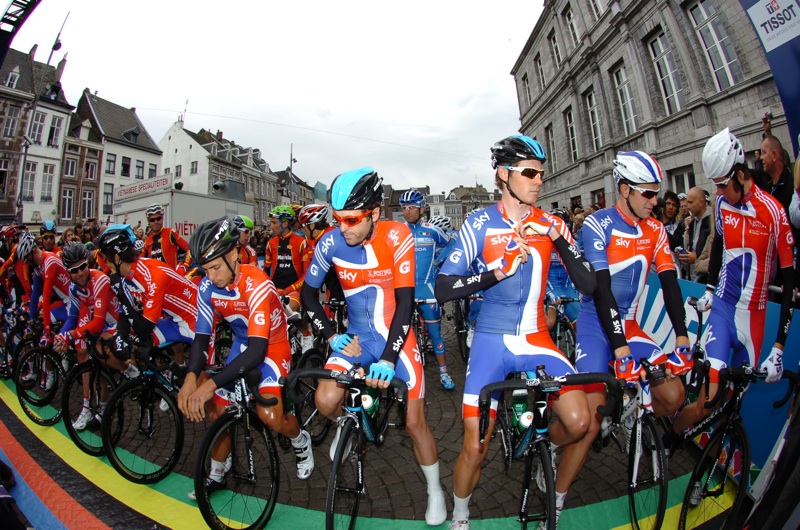
Alex Dowsett, an impressive eighth in his first elite men’s time trial at a world championship, was detailed to protect Cavendish and denied an attacking role, but those given a free reign seized it with both hands. Luke Rowe and Ben Swift rode comfortably at the head of the bunch in the closing stages, while Ian Stannard and Jon Tiernan-Locke threw themselves at the task of winning with a fervor that showed precisely no respect for the reputations of their illustrious and vastly more experienced rivals.
With five laps to go, Tiernan-Locke followed the wheel of Spain’s multiple Grand Tour winner, Alberto Contador, with an insouciant air. When Contador and his breakaway companions were caught, British champion, Stannard, was the only one able to respond to the move of the USA’s Andrew Talansky (another bright prospect). When their brief two-man escape was ended, Stannard immediately assumed the role of domestique deluxe for Tiernan-Locke, leading the Tour of Britain winner to the head of affairs as the race approached its denoument. Tiernan-Locke, riding his first race over 250km, and for the first time in an elite worlds road race, was utterly unphased, finishing five seconds behind Gilbert in a bunch containing former world champions, Tom Boonen and Oscar Freire.
The succession of Trott to Pendleton’s throne, Kenny taking up the mantle of Sir Chris Hoy, and Rowsell and King keeping a rider as accomplished as Wendy Houvenaghel from a place in the women’s team pursuit squad was merely a subtext to British Olympic success in the velodrome. On the road, at the worlds, the succession is the headline. Wiggins, Cavendish, Froome, Cummings, and the self-absented Geraint Thomas still have years at the top. The hugely encouraging story of this world championship is the ability of the next generation to play at least a supporting role, and perhaps more if required.

